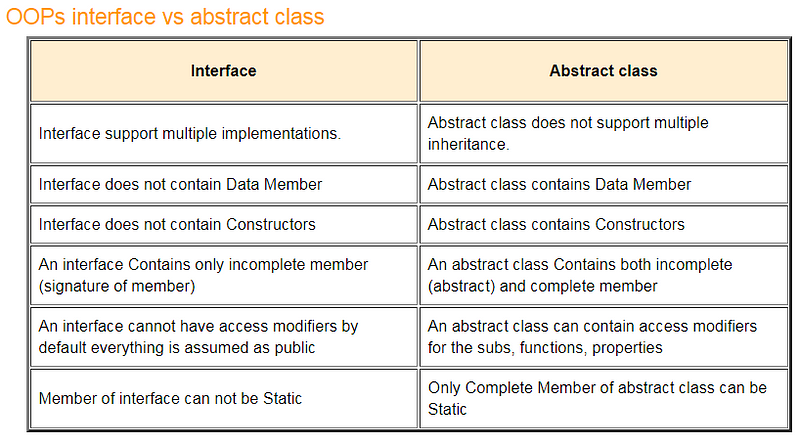
How PHP works internally?

Here are my notes about how PHP works internally. If you guys have any additions please add your comments as a response.
Firstly, What is PHP?
- PHP (Hypertext Preprocessor) is an open-source general-purpose scripting language that is especially suited for web development and can be embedded into HTML.
- Written in C
How works PHP internally?
- Zend Engine is the internal compiler and runtime engine for PHP
- PHP isolates every execution. No shared memory or shared resources among the executions.
- There are a few main steps that explain how PHP works internally.
- These steps are (Tokenizing, Parsing, and Compiling)
Tokenizing: In this step, the PHP interpreter takes the PHP codes and builds a set of understandable units called tokens.
For example;
<?php
echo "Hello world";
This will convert to
<?php to T_OPEN_TAG
echo to T_ECHO
"Hello world" to T_CONSTANT_ENCAPSED_STRINGHere is the list of all parser tokens.
Parsed tokens are organized in a tree structure and this structure is named AST (Abstract syntax tree).
AST (Abstract syntax tree): AST, is a tree representation of the source code of a computer program that conveys the structure of the source code. Each node in the tree represents a construct occurring in the source code.
For example
<?php
echo 5+5;
This AST will look like this;
operation => ECHO,
operand => expression (
operation => ADD,
operand1 => 5,
operand2 => 5
)PHP is then able to compile this tree into an intermediate representation called Opcode.
The Opcode is what is actually executed by the virtual machine.

Another good flow to understand how PHP works.

In this image, you can see the OpCode cache. If you understand how PHP works, know you know that is a big bottleneck for every request. Because in every request you are making the same things.
Having a fresh execution in every request doesn’t a performance thing if we have to compile PHP syntax into opcode every single time.
So that is why the Opcache comes in this picture.
If you send a request to x.php PHP parses then compiles, and then executes. The second time PHP directly fetches from the opcode cache and executes it.
In another article, we will cover PHP-FPM and also PHP 8 JIT.


